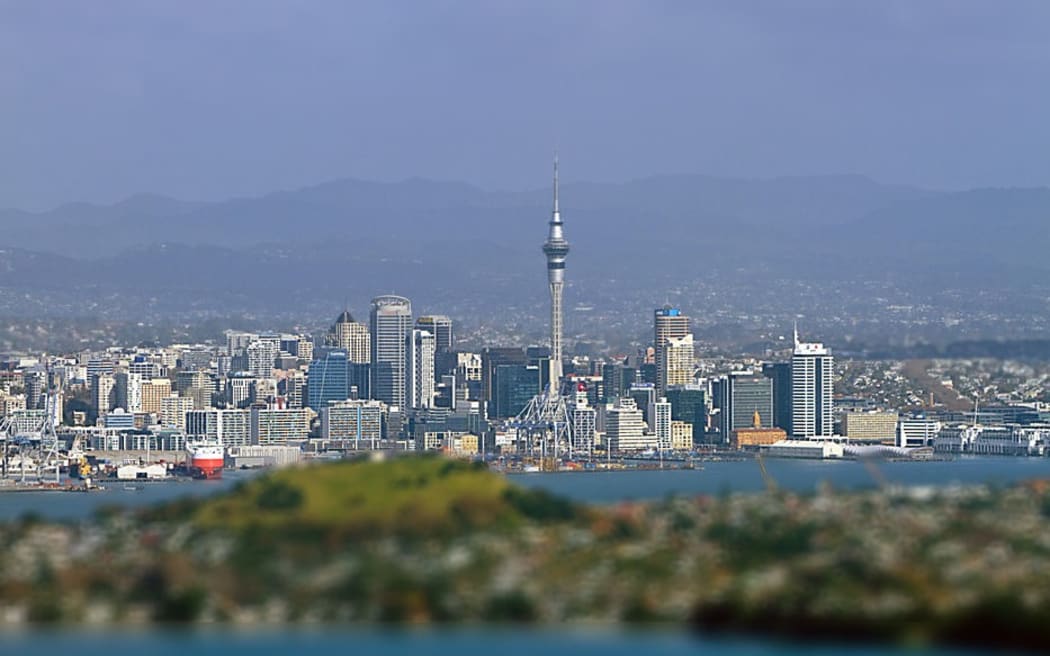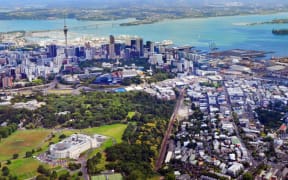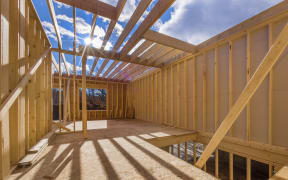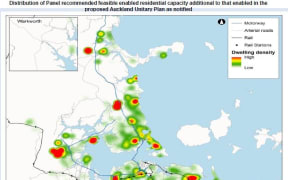Political battle lines have been drawn by a report advising Auckland councillors to reject parts of the re-written Unitary Plan.
One of the most contentious areas signalled in a 618-page report by council planners is to revive protection for sites of value to Māori, which an independent hearings panel had rejected.

Photo: Pixabay
The government-appointed panel heard submissions over 18 months on the city's development blueprint which had been drafted by the council in 2013. Its recommendations to the council must be accepted or rejected by Friday next week.
Council planners have flagged more than a dozen decisions where they are advising councillors the panel has erred.
They say protection afforded 2213 places of value to Māori should be reinstated in the plan, arguing the panel was wrong to say insufficient evidence was provided.
That move has already angered a lobby group, formed to oppose giving Māori the right to be consulted on development works close to the sites.
Democracy Action founder Lee Short said he could not see any council evidence to support the listings.
"What we'd like the council to do is publish everything they have, and the support of people they have like the Architectural Association, that says 'Yes, these sites are of value'," he said.
The planners also want to reject the panel's decision to allow housing to built on a rural, privately-owned volcanic field known as Crater Hill, saying it is not suitable for urban development.
The report said it was a "significant geological feature, and has significant cultural heritage and landscape value to Mana Whenua. It also contains prime soils."
Prime soils are the second tier of soil quality in rural areas, and the planners reject the panel's view that these areas be allowed for housing development, as it undermines their productive capacity.
The planners also want to lock in one of the region's underlying principles for deciding how much to grow "up" and how much "out".
While the council has previously said the panel supported the concept of a compact city, the report shows the panel wants to remove a policy specifying that up to 70 percent of future dwellings be within the urban area.
The council says it agrees with most of the panel's findings, but the report shows that the disagreements include topics likely to provoke debate among councillors during meetings which begin on Wednesday.
The planners accept the panel's rejection of a provision to partially protect neighbourhoods of homes built before 1944. But councillors will be advised to reject other details such allowing five rather than three homes to be built without needing resource consents in the higher-density Mixed House Urban and Suburban zones.






